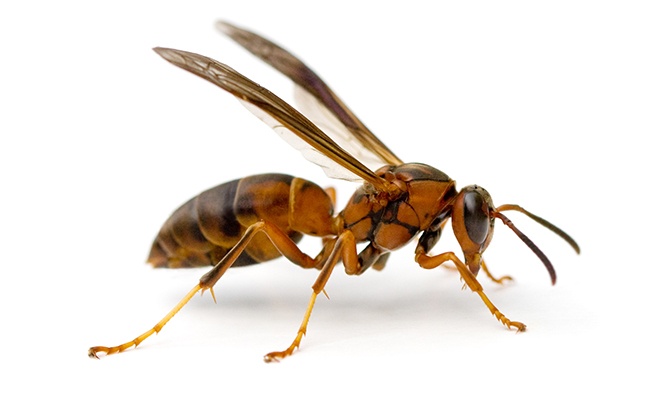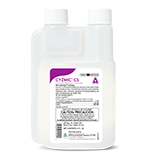During fall months some stinging insects become more aggressive. Did you know bees and wasps are worse in the fall? The reason being is simple, there are more of them. Emerging from hibernation in early summer, bees and wasps usually max out their living space as fall is just beginning, and sometimes as early as summer’s end.

Wasps, hornets and yellow jackets can also be troublesome fall pests. As the weather cools they stop their nest building activities and aggressively search for food as food sources are depleted. Some stinging species are preparing their queen for the winter, and they are more protective near the hive. A few bees are nice to have around as they pollinate flowers and plants. They also kill some insects that harm the vegetables in your garden.
In addition to their natural foods, they are attracted to many of the good eats you have laid out for your fall picnic or cookout.
To reduce these unwanted encounters:
 If you can’t avoid being bothered by these stinging critters, they can be controlled with Cyzmic® CS. Cyzmic can be applied to walls, ceilings, window screens, and other resting areas as a residual surface treatment. It may also be used inside residential buildings as well as in and around carports, garages, and storage sheds.
If you can’t avoid being bothered by these stinging critters, they can be controlled with Cyzmic® CS. Cyzmic can be applied to walls, ceilings, window screens, and other resting areas as a residual surface treatment. It may also be used inside residential buildings as well as in and around carports, garages, and storage sheds. 
Cyzmic CS can also be used to treat the nests of these insects. But since it does NOT provide instant knockdown, it’s a good idea to wear protective clothing before spraying nests (or hire a professional to do the job). Nests should be treated late in the day when most of the insects will be present and at rest. It may take 2 – 3 days for all the insects to die, and the nest can be treated again after 21 days, if necessary.

